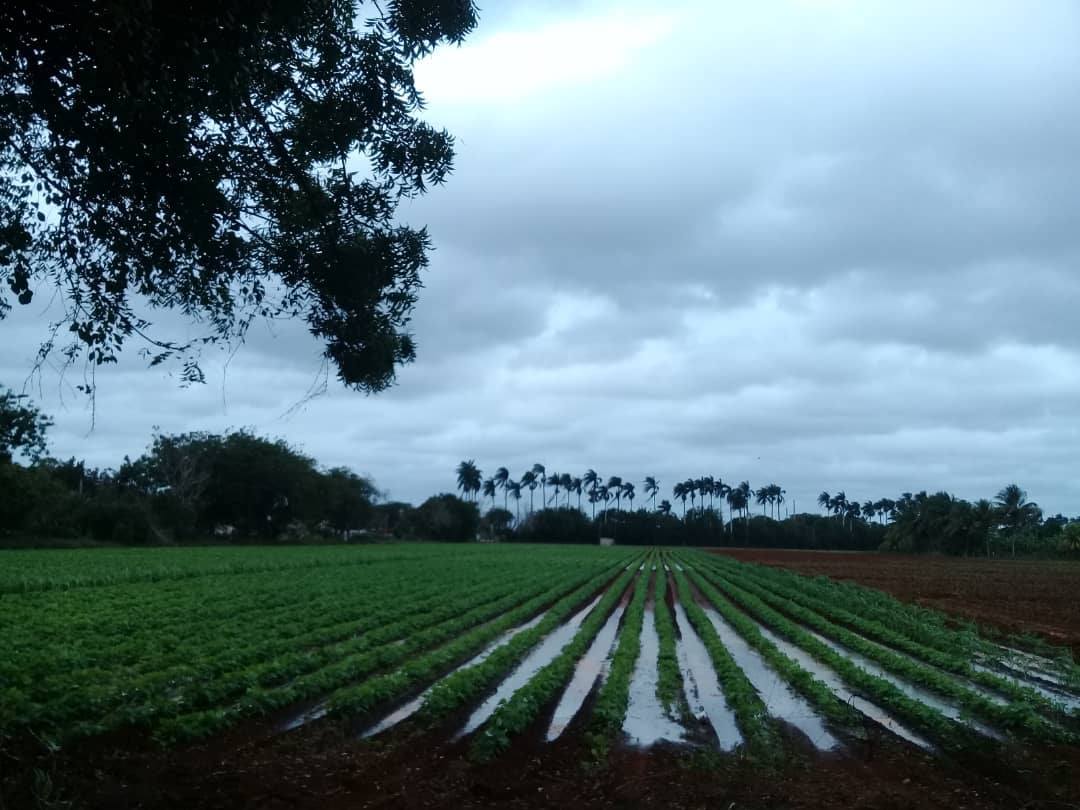
The acquisition of a farm and two farming houses will allow the Ciego de Ávila's Agricultural Supply Company (ESACA by its Spanish initials), attached to the Logistics Business Group of the Ministry of Agriculture (GELMA by its Spanish initials), to promote food self-sufficiency for the consumption of workers of its 15 dependencies distributed throughout the province.
Alcides Acosta Aguilar, director of the Marketing UEB, stressed that the construction of a hen house and the purchase of more than 50 rams for their extensive reproduction is planned, which will guarantee the obtaining of food with high nutritional value.
Although the priority is to achieve self-sufficiency in food, vegetables, grains, fruits, eggs, and poultry and mutton meat(at least 80%); productive yields could favor the expansion of ESACA's corporate purpose, by linking it to the commercialization of foods with high demand among the population.
This entity is closely linked to the National Program for Food Sovereignty and Nutrition Education, by providing material, technological resources and inputs to natural and legal people involved in agricultural production.
The direct incorporation into production, for the benefit of its workers and the subsequent sale of food to the people, reinforces the commitment to reduce dependence on imports and consolidate local production.
The work of Cuba in the Food Sovereignty and Nutrition Education Plan, the inclusion of the right to food in the Constitution and the legal norms that accompany it was recognized at the end of 2020 by the United Nations for Food and Agriculture Organization (FAO by its Spanish initials), according to the Cuban News Agency (ACN by its Spanish initials).
In a context characterized by food shortages that affected 47.7 million people in Latin America and the Caribbean in 2020, according to official FAO data, Cuba is strengthening food self-sufficiency programs to ensure the right to food and promote a nutritional culture.
FAO predicts that the impact of the pandemic COVID-19 will influence the significant increase in hunger, food insecurity and malnutrition on the continent.




